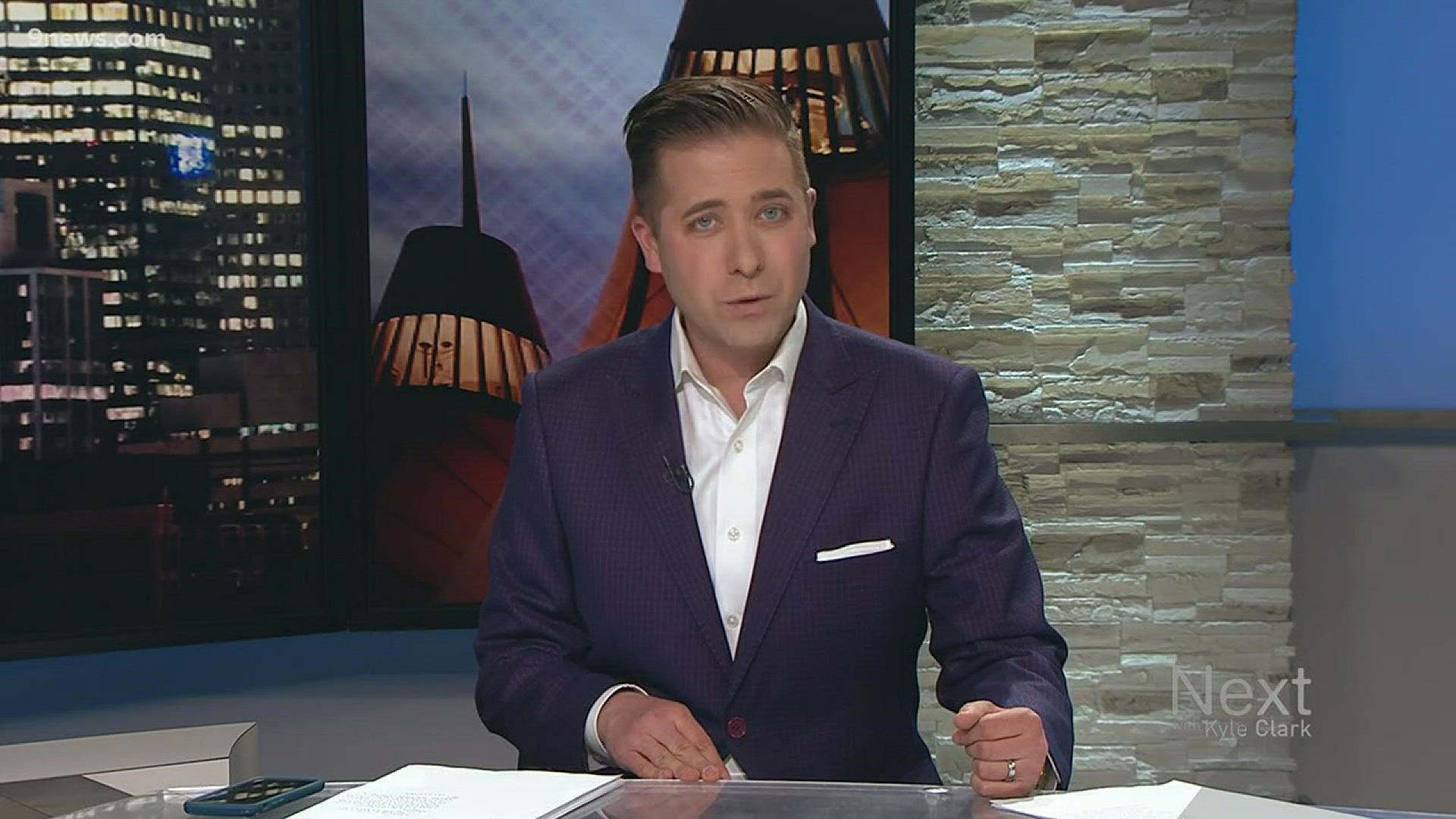DENVER — Over the last few weeks, Denver Dumb Friends League has taken in more than 30 animals from Pueblo’s municipal animal shelter, and the director of DDFL only expects that number to grow after the Pueblo shelter closed its doors Wednesday.
Community Animal Services of Pueblo voluntarily relinquished its license Wednesday, after a controversial few weeks. State investigators found numerous violations inside the shelter, including unsafe living conditions for some animals.
CASP was operated by a group called PAWS for Life. PAWS took over the shelter at the beginning of the year after the contract for the previous provider, the Humane Society of the Pike’s Peak region wasn’t renewed.
The same day PAWS took over the shelter, a new law went into effect in Pueblo, the Pueblo Animal Protection Act, which mandates live release numbers for shelters at 90 percent.
“It’s an extreme version of a no-kill movement,” says Dr. Apryl Steele, director of DDFL. She said the law “really restricts shelters’ ability to make a thoughtful decision about the animals that come in their care.”
“The danger is you manage to a number and you don’t look at the individual needs of an animal," she said.
Steele points to a confusing part of the ordinance.
“There was a provision that said if an animal had irremediable suffering they could be euthanized…flip to the next page of the ordinance and that’s where the problem came in,” she said.
Steele is referencing part of the ordinance that specifies criteria for euthanasia:
Sec. 11-4.5-6. Animal Euthanasia
(a) No shelter shall euthanize any animal simply because the holding periods required by Sec. 11-4.5-4 have expired. Before an animal is euthanized, all of the following conditions must be met:
(1) There are no empty cages, kennels, or other living environments in the shelter;
(2) There is no additional room to set up temporary cages, kennels, or living environments in the animal shelter, which comply with PACFA requirements;
(3) The animal to be euthanized cannot share a cage or kennel with another animal, which comply with PACFA requirements;
(4) The Animal Shelter has sought appropriate foster home placements and a foster home is not available;
(5) The notifications required in Sec. 11-4.5-4 (f) (1), (2), and (3) have been made and neither a Rescue Organization, the former owner, or the finder is willing to accept the animal;
(6) The animal cannot be transferred to another Rescue Organization or shelter with room and an ability to house the animal;
(7) The animal is not a healthy community cat which can be sterilized and then released;
(8) The animal has been determined medically untreatable by a Licensed Veterinarian;
(9) The dog is determined to be vicious to people and the prognosis for rehabilitation is determined to be poor to grave by a behaviorist, which may include a qualified animal shelter Director skilled in animal behavior;
(10) The director of the Animal Shelter certifies that he or she has no alternative other than euthanasia and the reasons no alternatives exist.
Steele argues that first provision, the one only allowing euthanasia if there are no empty cages or living arrangements in the shelter, creates confusion.
“It is open to which of the pieces of this ordinance you’re going to interpret. Clearly the group that was running the shelter determined that euthanasia wasn’t an option for some of these animals,” Steele said.
“The number in the first three months was 14 at the Pueblo Animal Shelter which is much much higher than it’s been in the past,” she said. “That’s about how many in an entire year have died in care previously.”
Eight front range animal shelters released a joint statement Thursday evening, condemning the ordinance.
"This is a regretful example of how the No Kill movement, when taken to the extreme, preys upon compassionate people’s desire to protect animals," it reads, in part. "Animals deserve respect, nurturing, support, and it is never acceptable to allow them to suffer. Our entire community is deeply saddened by this situation."
The councilman who helped write the ordinance, Chris Nicoll, told 9NEWS that the bill would not stop euthanasia for animals that are deemed untreatable or animals with unchangeable vicious behavior.
“We still have every intention with helping Pueblo become the no-kill city it can be,” said Davyd Smith, president of No Kill Colorado, the group that advocated for Pueblo’s law.
“This was a management, a leadership issue and there’s absolutely nothing else that needs to be addressed,” he said.
Smith said no-kill laws have been successful around the country, including in cities like Austin, Tex and Muncie, Ind.
“It can’t be impossible if it exists. It’s out there. And Pueblo failing is a simple indication of shelter leadership. It has absolutely nothing to do with the Pueblo Animal Protection Act,” Smith said.
The following shelters have either assisted in efforts to transport pets from Pueblo's shelter, accepted animals from Pueblo or are on standby to accept them: Dumb Friends League, Humane Society of the Pikes Peak Region, Foothills Animal Shelter, Denver Animal Protection, Humane Society of Boulder Valley, Larimer Humane Society, Longmont Humane Society, Aurora Animal Shelter, Adams County Animal Shelter, Humane Society of Weld County and Intermountain Humane Society.

